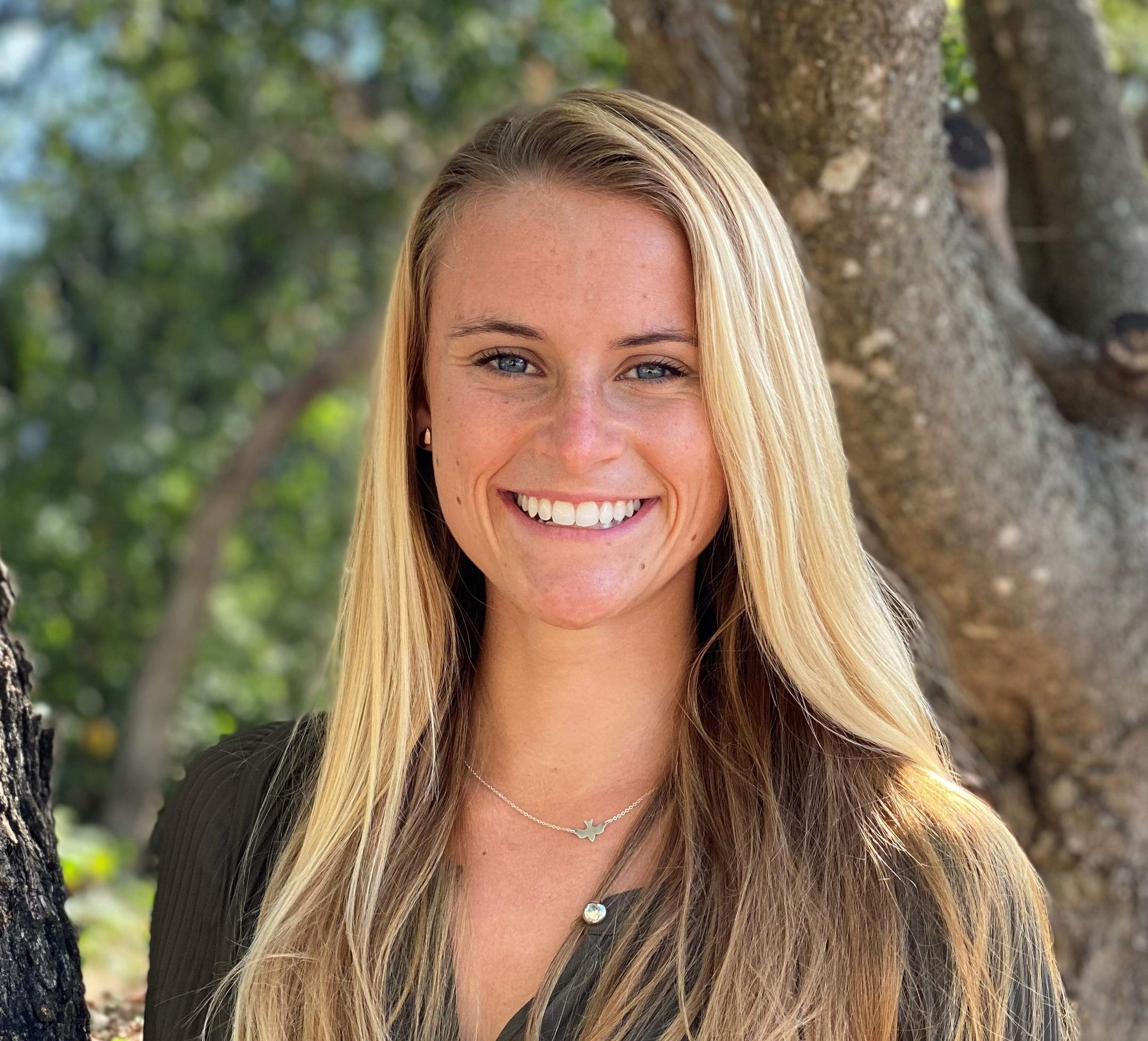
Jenny Rogers, PT, DPT
Jenny Rogers, PT, DPT
Jenny Rogers—Endometriosis Physical Therapist
Summary: Jenny Rogers, PT, DPT, is a compassionate endometriosis physical therapist based at Origin Physical Therapy in Austin, Texas. Jenny Rogers combines her infectious joy with a deep commitment to healing both the emotional and physical aspects of pelvic health. Specializing in pelvic floor therapy, she creates a supportive space where patients feel comfortable discussing pelvic pain and discomfort, topics often overlooked or stigmatized. Jenny Rogers is dedicated to guiding patients through their healing journey, helping them feel empowered and understood every step of the way. As a member of the American Physical Therapy Association, she has pursued advanced training in pelvic floor diagnosis, treatment, and dry needling. Jenny’s clinical experience, including a rotation at Sullivan Physical Therapy, further enhances her expertise. Her warm, patient-centered approach ensures that those struggling with pelvic health issues know they are not alone and that effective treatment options are available.
Visit types: Office
Spoken languages: English
Interpreting services for other languages: No
What you should know about me: Combining her contagious joy and her heart for healing people emotionally and physically, Jenny has found a professional field she adores in pelvic floor therapy. In this setting, she gets to normalize conversations about pelvic pain and discomfort our culture has unfortunately made taboo, walk women and men through their healing journey, and interact with patients whose stories she’s eager to hear. At the end of the day, she wants her patients to know that they are not alone in their situation and there is a way to help.
Jenny is a member of the American Physical Therapy Association and has taken continuing education courses for dry needling and several on pelvic floor diagnoses and treatments. She completed her last clinical rotation at Sullivan’s, which allowed her to expand her knowledge of pelvic floor physical therapy.

Rehanna Stultz, PT, DPT
Rehanna Stultz, PT, DPT
Rehanna Stultz—Endometriosis Physical Therapist
Summary: Rehanna Stultz, PT, DPT, is a compassionate endometriosis physical therapist based in Austin, Texas, specializing in pelvic health. Rehanna Stultz’s unique experience of pregnancy and postpartum during her physical therapy training fueled her passion for pelvic floor physical therapy. She discovered the need to raise awareness about this often overlooked specialty and is dedicated to educating patients on pelvic floor health. Through her work at Origin Physical Therapy and her internship with Sullivan Physical Therapy, Rehanna Stultz has developed expertise in treating pelvic floor conditions related to pregnancy recovery, sexual health, and pediatrics. She believes in empowering patients to regain control of their bodies and lives, offering personalized, supportive care. As a member of the American Physical Therapy Association with advanced pelvic floor training, Rehanna Stultz combines clinical skill with empathy to help patients improve their quality of life naturally and confidently.
Visit types: Virtual/Office
Spoken languages: English
Interpreting services for other languages: No
What you should know about me: Rehanna became interested in pelvic health while she was pregnant and delivered not once, but twice, during her Physical Therapy studies. She was surprised to learn how underrepresented pelvic floor physical therapy was in the community and the physical therapy world; as she looked more into this specialty, she realized that many people who needed help had no idea that pelvic floor physical therapy could be beneficial. She completed a 3-month internship with Sullivan Physical Therapy as a student, where she gained knowledge on treating various pelvic floor conditions and also had the unique experience of being a postpartum patient during her internship. She loves educating patients on common misconceptions in regard to pelvic floor and seeing patients regain control of their lives when they did not think it possible.
Areas of interest for Rehanna include pregnancy/postpartum recovery, sexual health, and pediatric pelvic floor conditions. She is a member of the American Physical Therapy Association and has taken the Pelvic Floor Level 1 Training with Herman and Wallace.
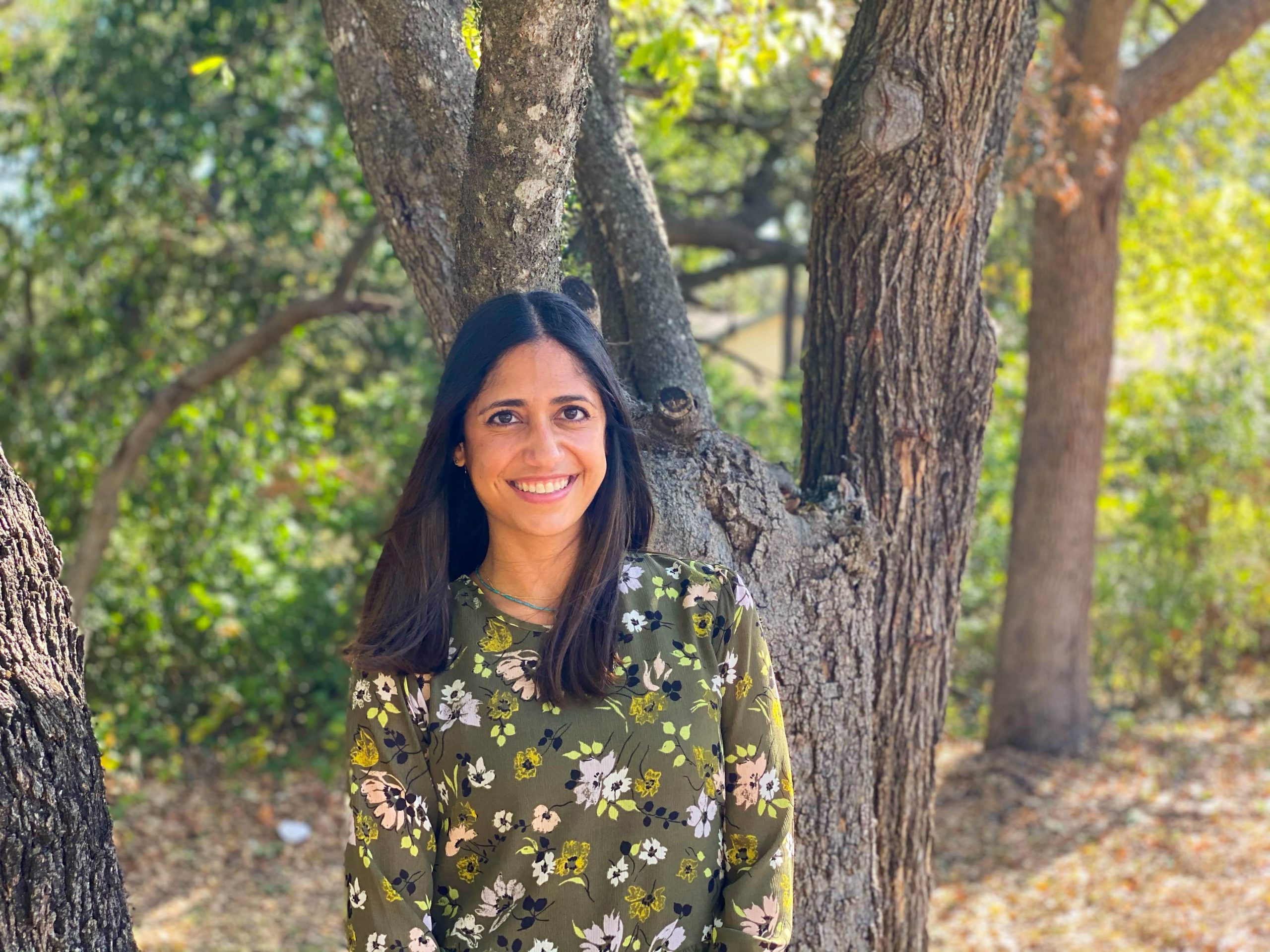
Sima Shalchi, PT, DPT, RYT
Sima Shalchi, PT, DPT, RYT
Sima Shalchi—Endometriosis Physical Therapist
Summary: Sima Shalchi, PT, DPT, RYT, is a dedicated endometriosis physical therapist based in Austin, Texas, at Origin Physical Therapy. With a Bachelor of Arts in Kinesiology and French Studies from Rice University and a Doctorate in Physical Therapy from the University of St. Augustine, Sima brings a well-rounded approach to pelvic health. Her interest in pelvic health began during a clinical rotation and deepened through her work with pediatric and postpartum patients. Sima Shalchi is passionate about helping patients manage pelvic pain and endometriosis symptoms, empowering them to improve their quality of life. She focuses on clear communication and personalized care, guiding each patient toward their fullest potential with warmth and professionalism. Whether you’re navigating postpartum recovery or pelvic floor challenges, Sima’s expertise offers compassionate, effective support tailored to your unique needs.
Visit types: Office
Spoken languages: English, Spanish
Interpreting services for other languages: No
What you should know about me: Sima graduated with a Bachelor of Arts Degree in Kinesiology and French Studies from Rice University in 2015. She received her doctorate in Physical Therapy from the University of St. Augustine for Health Sciences in Austin, TX, in 2018.
Sima gained interest in pelvic health during one of her clinical rotations. She practiced at a pediatric clinic for one year before working at Sullivan Physical Therapy. Working in pediatrics also made her aware of the challenges faced by postpartum women and led her to find her passion in pelvic health therapy. Sima is eager to help her patients improve their quality of life and reach their fullest potential while easily communicating with her patients.
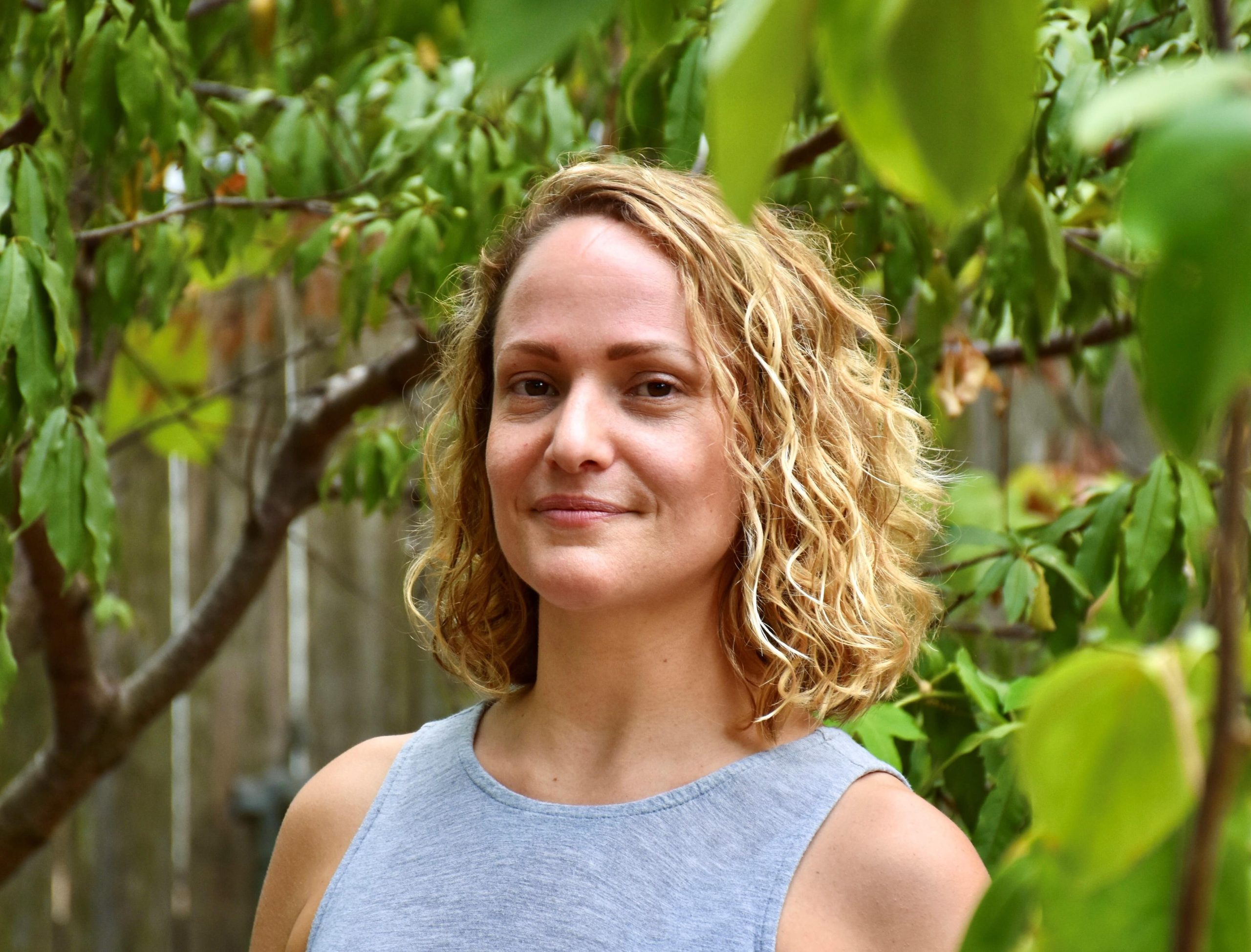
Erin Frank, PT, DPT
Erin Frank, PT, DPT
Erin Frank—Endometriosis Physical Therapist
Summary: Erin Frank is a compassionate endometriosis physical therapist at Origin Physical Therapy in Austin, Texas. Erin Frank’s journey into physical therapy was inspired by her recovery from a serious pelvic injury, which fueled her passion for pelvic health. She believes that patients of all ages and backgrounds can benefit from personalized care focused on education, empowerment, and healing. Erin Frank combines her expertise in physical therapy with her ongoing yoga practice and teaching to offer a holistic approach that supports mind-body wellness. Committed to helping patients regain strength and improve quality of life, Erin creates individualized treatment plans tailored to each person’s unique needs. Outside the clinic, she enjoys teaching yoga, studying anatomy, and spending time helping with her sister’s pet-sitting business. Patients seeking empathetic and expert care will find Erin Frank dedicated to their healing journey.
Visit types: Office
Spoken languages: English
Interpreting services for other languages: No
What you should know about me: Erin found both physical therapy and yoga to be everything she needed in recovery from an accident that resulted in a broken pelvis and femur, and neck fractures. During her DPT training, her interest in pelvic health grew after seeing that people of all ages, genders, and varied life experiences can benefit from the attention, education, and empowerment that pelvic physical therapy can provide. Outside of the clinic, Erin continues to teach yoga and anatomy and enjoys helping out with her sister’s pet-sitting business.

Megan Kalinich, PT, DPT
Megan Kalinich, PT, DPT
Megan Kalinich—Endometriosis Physical Therapist
Summary: Megan Kalinich is a dedicated endometriosis physical therapist based in Austin, Texas, specializing in pelvic health and orthopedic therapy. With a Bachelor of Science in Biology & Society from Arizona State University and a Doctorate in Physical Therapy from Creighton University, Megan Kalinich combines strong academic training with hands-on experience. Her passion for pelvic health grew early in her education, leading her to focus on helping patients overcome symptoms related to pelvic pain and dysfunction. Megan Kalinich is committed to empowering her patients through education and personalized care, guiding them toward improved wellness and quality of life. She works closely with each individual to create tailored treatment plans that address their unique needs with warmth and professionalism. Whether managing endometriosis or other pelvic health challenges, Megan Kalinich offers compassionate support to help patients regain strength and confidence.
Visit types: Office
Spoken languages: English
Interpreting services for other languages: No
What you should know about me:
Megan Kalinich received a Bachelor of Science in Biology & Society from Arizona State University in Tempe, AZ. She received her doctorate in physical therapy from Creighton University in Omaha, NE.
Megan has had an interest in pelvic health physical therapy from the beginning of her physical therapy education, as she pursued additional academic training during her physical therapy schooling at Creighton University. She has worked at multiple practices in the Austin area, where she was able to develop her skills in both pelvic and orthopedic physical therapy. Throughout this time, her passion has continued to grow for the pelvic health population. She enjoys assisting her patients in overcoming their symptoms and helping them to become empowered through knowledge.
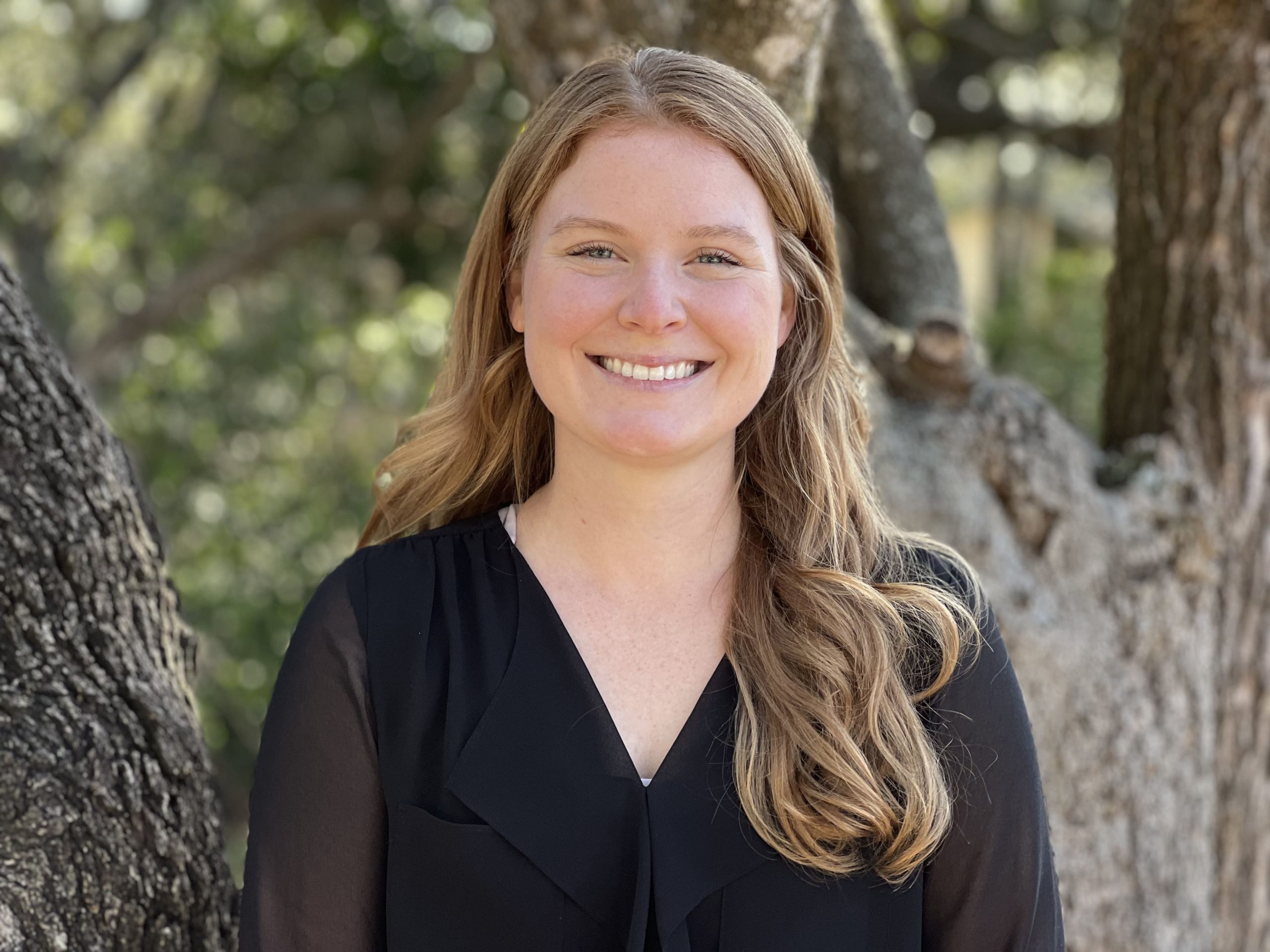
Makenzie Cochran, PT, DPT
Makenzie Cochran, PT, DPT
Makenzie Cochran—Endometriosis Physical Therapist
Summary: Makenzie Cochran is a dedicated endometriosis physical therapist based in Austin, Texas, who specializes in pelvic floor health and women’s wellness. With a doctorate in Physical Therapy from the University of Texas Health Science Center at San Antonio, Makenzie Cochran combines her strong communication skills and clinical expertise to provide compassionate, patient-centered care. Her passion for pelvic health began during graduate school while observing at Sullivan Physical Therapy, inspiring her to advocate for greater awareness and access to pelvic floor therapy. Makenzie is committed to empowering patients by educating them throughout their healing journey, helping them regain control and confidence in their health. As a member of the American Physical Therapy Association and its Women’s Health Section, Makenzie stays up-to-date with the latest treatments, including myofascial release techniques. Patients seeking knowledgeable and supportive care can trust Makenzie Cochran to guide them with warmth and professionalism.
Visit types: Office
Spoken languages: English
Interpreting services for other languages: No
What you should know about me: Makenzie graduated from The University of Texas at Austin with a Bachelor of Science in Communication Studies and a minor in Business in 2015. After graduating, she spent time serving the Austin community through nonprofit work before deciding to pursue a career in physical therapy, and in 2021 she received a Doctorate in Physical Therapy from the University of Texas Health Science Center at San Antonio.
Makenzie became interested in pelvic health while observing at Sullivan Physical Therapy during graduate school and has since sought to increase public awareness and knowledge of pelvic floor therapy in hopes of improving patient access and care. She is committed to being an advocate for her patients and strives to empower them to be autonomous in their health journey through continued education.
Makenzie is a member of the American Physical Therapy Association as well as their Section on Women’s Health. She has completed continuing education on pelvic floor diagnoses and treatments, as well as specific courses in myofascial release.
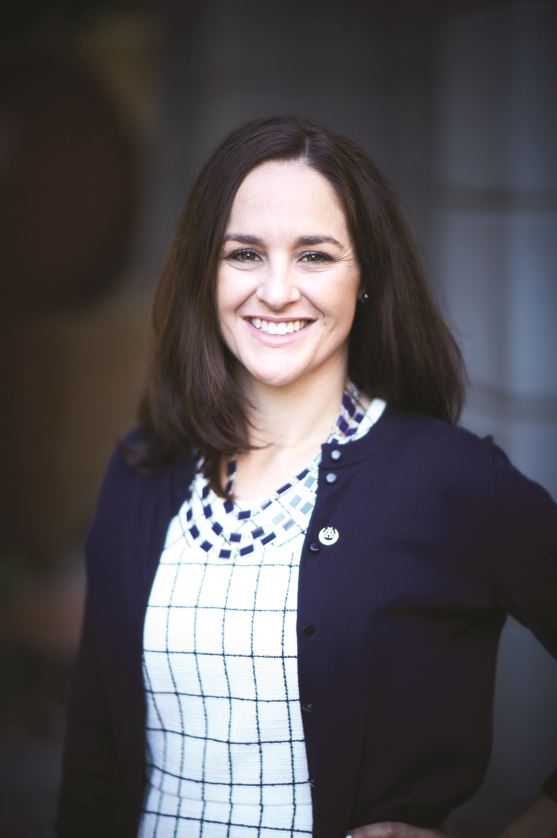
Kimberlee Sullivan, PT, DPT, WCS, BCB-PMD
Kimberlee Sullivan, PT, DPT, WCS, BCB-PMD
Kimberlee Sullivan – Endometriosis Physical Therapist
Summary: Kimberlee Sullivan is a highly experienced endometriosis physical therapist based in Austin, Texas. At Origin Physical Therapy, Kimberlee Sullivan specializes in pelvic floor dysfunction and women’s health, providing compassionate care for patients managing endometriosis, pelvic pain, and related conditions.
With over 20 years of experience and a doctorate in physical therapy from Creighton University, Kimberlee Sullivan has dedicated her career to helping patients regain function and comfort. She is board-certified in women’s health physical therapy and holds certifications in pelvic biofeedback and pelvic, pregnancy, and postpartum care. Kimberlee’s approach is patient-centered and evidence-based, ensuring personalized treatment plans that empower women to improve their quality of life. As a member of multiple professional associations, Kimberlee stays current with advances in pelvic health to offer the best care possible. Whether managing chronic pain or pelvic floor issues, Kimberlee Sullivan is a trusted partner on your healing journey.
Visit types: Office
Spoken languages: English
Interpreting services for other languages: No
What you should know about me: Kimberlee Sullivan graduated with a Bachelor of Science Degree in Sports Medicine from Pepperdine University. She received a doctorate in physical therapy from Creighton University. Since her clinical affiliation, Kimberlee has focused her profession on pelvic floor dysfunction.
She has worked with orthopedic and pelvic health patients for twenty years in states such as Oregon, Minnesota, and Texas. In October of 2005, she opened Sullivan Physical Therapy, where she could focus on patients with pelvic floor dysfunction, such as incontinence, overactive bladder syndrome, interstitial cystitis, organ prolapse, sciatica, and pelvic pain.
Kimberlee is a member of the American Physical Therapy Association, Orthopedic and Women’s Health Sections. She is also a member of the National Association for Continence, Endometriosis Association, Interstitial Cystitis Association, National Vulvodynia Association, International Pelvic Pain Society, Texas Physical Therapy Association, and the International Society for the Study of Women’s Sexual Health.
Kimberlee is board-certified in Women’s Health Physical Therapy by the American Board of Physical Therapy Specialists. She is a recipient of the Certificate of Achievement in Pelvic, Pregnancy, and Postpartum Physical Therapy by the Section of Women’s Health. She has received certification from the Biofeedback International Conference for Pelvic Biofeedback.

Julianne Simpson, PT, DPT
Julianne Simpson, PT, DPT
Julianne Simpson – Endometriosis Physical Therapist
Summary: Julianne Simpson is a compassionate endometriosis physical therapist based in Seattle, WA. At Circle Physical Therapy, Julianne Simpson offers trauma-informed, inclusive care for people of all genders, supporting each patient’s unique journey with empathy and expertise. She integrates a range of evidence-based techniques, including visceral mobilization, fascial work, and Postural Restoration Institute methods, to address complex pelvic and whole-body dysfunction. Her approach emphasizes movement education, pain science, and deep listening, ensuring each person feels heard and supported. Julianne Simpson helps patients improve mobility and reduce discomfort so they can return to the activities they love. With a strong focus on personalized care, she tailors treatment plans that reflect individual goals and lived experiences. Whether you’re newly diagnosed or managing long-standing symptoms, Julianne provides thoughtful, patient-centered care for those navigating endometriosis. She is committed to empowering you with the tools and knowledge needed for long-term healing and well-being.
Visit types: Office/Hospital
Spoken languages: English, some French
Interpreting services for other languages: No
Philosophy of care and typical treatment strategies:
I provide trauma-informed and inclusive care for people of all genders. I use visceral mobilization, fascial work, education, Postural Restoration Institute theories, pain science education, and listening to help people move better and participate in what they love.
Dr. Lawrence Sullivan
Dr. Lawrence Sullivan, Endometriosis Specialist, Gynecologist
City: Enosburg Falls, Vermont, USA

Dr. Benjamin Beran
Dr. Benjamin Beran, Endometriosis Specialist, Gynecologist, Minimally Invasive Gynecologic Surgeon
City: Milwaukee, Wisconsin, USA

Melanie Carminati, PT, DPT
Melanie Carminati, PT, DPT
Melanie Carminati – Endometriosis Physical Therapist
Summary: Melanie Carminati, PT, DPT, is an experienced endometriosis physical therapist based in Brooklyn, NY. At Inspira Physical Therapy & Pilates, Melanie Carminati provides personalized care for people living with endometriosis, blending pelvic floor therapy, visceral manipulation, craniosacral therapy, and Pilates-based movement to support healing and long-term relief. Fluent in English, Spanish, and Russian, she offers in-person and virtual visits to make expert care more accessible.
Melanie Carminati’s approach is integrative and holistic, incorporating massage therapy, orthopedic techniques, and movement education to address the root causes of pelvic pain and dysfunction. Her compassionate, patient-centered philosophy ensures that each individual is empowered through tailored treatments and expert guidance. With a strong foundation in evidence-based care and deep knowledge of endometriosis, she is dedicated to helping patients improve mobility, reduce pain, and reclaim their quality of life. She is proud to be part of your support team on your endometriosis journey.
Visit types: Office/Hospital; Virtual
Spoken languages: English, Spanish, Russian
Interpreting services for other languages: No
Philosophy of care and typical treatment strategies:
Pelvic Floor Physical Therapy
Visceral Manipulation
Craniosacral Therapy
Pilates Lessons
Massage Therapy
Orthopedics
Endometriosis Specialists

Lori O’Neill, PT, DPT
Lori O’Neill, PT, DPT
Lori O’Neill – Endometriosis Physical Therapist
Summary: Lori O’Neill, PT, DPT, is a compassionate endometriosis physical therapist based in Chapel Hill, NC. With over 25 years of experience, Lori O’Neill embraces a holistic, team-based approach to care, recognizing the complex and unique nature of endometriosis. She regularly updates her expertise through specialized continuing education and collaborates with leading experts in pelvic health, pain management, and functional medicine. Lori O’Neill integrates advanced manual therapies like myofascial release, visceral manipulation, and autonomic nervous system regulation to support her patients. Her patient-centered approach combines empathy, trauma-informed care, and humor to create a supportive healing environment. She also emphasizes lifestyle medicine, helping patients find the right movement and conservative pain management strategies to meet their goals. Passionate about early diagnosis and fertility preservation, Lori O’Neill leads a private practice with locations in Chapel Hill and Raleigh, providing evidence-based, comprehensive care for individuals with endometriosis.
Visit types: Office/Hospital;
Spoken languages: English
Interpreting services for other languages: No
Philosophy of care and typical treatment strategies:
I have found that working with a holistic, team approach is essential for people experiencing any concern or suspicion of endometriosis. There is not one discipline that can cover the needs of such a complex and uniquely presenting disease process throughout a lifetime. My role is to expand and improve on a diverse set of knowledge by regularly attending continuing education specific to endometriosis and pelvic pain syndromes.
Advanced internal and general manual therapy techniques such as myofascial release, visceral manipulation, and autonomic nervous system regulation are frequently implemented. Lifestyle medicine concepts may include finding the right type of movement/fitness and conservative pain management to allow the patient to achieve their goals. My patient-centered soft skills are being empathetic, trauma-informed, humorous, and intuitive approach.
What should be known about you:
Over the course of a 25+-year career as a Pelvic Health PT, I have had the privilege of training and collaborating with world-renowned experts in pelvic PT, pain management, MIGS, midwifery, and functional medicine. My resourcing reach goes beyond local communities to the leaders in the endometriosis treatment and birthing community for current, evidence-based, and complementary therapies. Promoting awareness for early diagnosis and proactive treatments for fertility preservation are areas of special interest. I am the owner of a private practice with locations in Chapel Hill and Raleigh, NC. For more information, visit www.VitalityPT.org

